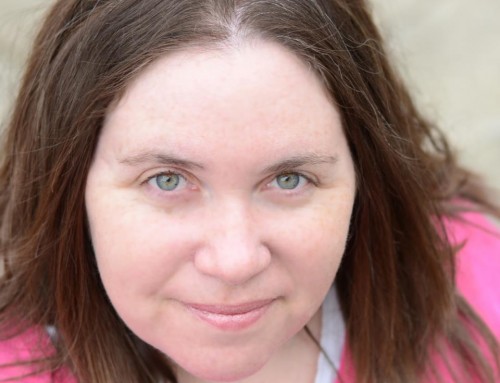Ethics of Our Fathers 2:15
Let your fellow’s honor be as dear to you as your own…
I have a friend who was planning a trip and asked me for some advice. We went over her itinerary and I felt it was overscheduled. It was way too packed for a trip with little kids. She disagreed and dismissed my reservations (could you believe?). We are close enough that I was able to say, “Fine, but I am reserving the right to say ‘I told you so’ if it does not work out!”
She called me from the trip citing one disaster after another. I did not say a word, but it killed me! I so wanted to say those 4 words, ‘I told you so.’
Why did I keep my mouth shut? Because although we all like to say ‘I told you so’ and be right, no one ever wants to hear it.
I know that when I am driving around in circles- yes it still happens even with our GPS, and my husband says, “I told you 20 minutes ago we should have made a right not a left!” I do not feel very kindly to him. I also know that when my sister tells me to avoid the local salon and I go anyway and I come home with a bad haircut, I hate to hear, “I told you not to go to Sandy, you should have listened to me.”
Humans like to be right. It makes us feel important. It feels so good to think and even more so say, “I told you so! If you would have only listened to me things would be going so well for you right now!”
Parents especially have this need. We love to tell our kids “I told you so!” I like to think it is because we are biologically programmed to protect our kids from harm.
If adults dislike hearing “I told you so” then it would be natural to assume that kids do not like being on the receiving end of that phrase either. In fact, kids find it to be just as demeaning. They often feel belittled and shamed and will do anything to save face.
In Ethics of our Fathers: 1:12, we learn that we need to: “be of the disciples of Aaron – a lover of peace, a pursuer of peace, one who loves the creatures and draws them close to Torah.”
We also know that the Talmud states that anyone who whitens his fellow’s face (embarrasses or shames another) is considered as if he has killed him.
From a Torah perspective, I think it is clear that we want to avoid phrases that do not promote peace and that shame others. But as parents how can we do this? How do we manage those intense feelings of needing to be right, needing to say “I told you so…”, while still pursuing peace and avoid shaming others? In other words how can we respect and maintain the dignity of our children?
Here are some ideas that can help:
Instead of:
“I told you to use a pencil first to write on the poster board and then use a marker, now you have made a mess and that was our last poster board”
Try empathizing and saying,
“ Oh no! You forgot the rule about using a pencil first! You must be so frustrated. Sometimes it helps to make a flower or paste a picture over a mistake.”
Instead of:
“Your teacher’s upset, she says you are the class clown and you are disruptive. I told you, save your jokes for recess and start paying attention in class!”
Try this: Empathize and ask ‘what are you going to do’?
“You are not going to be happy about this- your teacher called about your behavior in class…what are you going to do about this very serious problem?…”
Instead of:
“I told you! You should have put your snack in your backpack right away. Then you wouldn’t have forgotten it!”
Try empathizing and affirming your belief in your child that they will change:
“I was so sad when I realized you didn’t have your snack with you today. I was concerned about you being hungry the whole day. I am sure tomorrow you will put your snack in your bag right when I give it to you.”
Needing to be right is one of those quirks of human nature that can damage our relationships. Finding ways to manage those quirks in an intelligent way can help us maintain our dignity and the dignity of our children while nurturing the child/parent relationship.
Adina Soclof, MS. CCC-SLP works as a Parent Educator for Bellefaire Jewish Children’s Bureau facilitating “How to Talk so Kids will Listen and Listen so Kids will Talk” workshops as well as workshops based on “Siblings Without Rivalry.” Adina also runs ParentingSimply.com. Check out her online classes and visit her website at www.parentingsimply.com







Leave A Comment